An Indian gift is a term that encapsulates a wide range of items that are representative of Indian culture and traditions. These gifts are often given during special occasions such as weddings, housewarmings, and festivals like Rakhi. They are imbued with the essence of India, from the intricate designs to the traditional materials used. An Indian gift is not just a present; it is a piece of heritage, a token of love and a symbol of the rich tapestry that is Indian artistry.
Types of Indian Gifts and Their Characteristics
The variety of Indian gifts is vast, each with distinct characteristics that cater to different occasions. For weddings, gifts like silver-plated dinnerware or handwoven sarees are common, symbolizing prosperity and good fortune. Housewarming gifts India might include items like ornate wall hangings or brass statues of deities, reflecting wishes for a blessed home. During Rakhi, the festival celebrating the bond between siblings, gifts such as personalized rakhis and boxes of traditional sweets are exchanged. The characteristics of these gifts are not only defined by their aesthetic appeal but also by their cultural relevance and the sentiments they are meant to express.
Structure and Operation of Indian Gifts
The structure of an Indian gift is often a complex assembly that reflects traditional craftsmanship. Take, for example, a silver-plated tea set; it includes a teapot, cups, saucers, and a tray, each piece designed to fit together harmoniously. The operation of the set during a tea ceremony is a cultural experience in itself, showcasing the elegance and hospitality that is a hallmark of Indian tradition. The physical components of these gifts are designed not only for beauty but for specific functions that enhance the user's experience.
Materials and Their Significance in Indian Gifts
Materials in Indian gifts are chosen for their cultural significance, durability, and beauty. Metals like brass and copper are used for their traditional importance and are believed to bring good health and prosperity. Textiles are chosen for their comfort and elegance, with silk being preferred for its luxurious feel and cotton for its coolness and durability. The properties of these materials, such as the hypoallergenic nature of silk or the thermal conductivity of copper, make them ideal for their respective uses in gifts that are both practical and meaningful.
Business Usages and Applications of Indian Gifts
In the business world, Indian gifts serve as a bridge between corporate formality and personal connection. They are used as corporate gifts to honor partnerships, as promotional items that reflect a company's values, and as part of branding strategies to showcase an organization's cultural awareness. In the tourism sector, these gifts are sold as souvenirs, capturing the memories of a traveler's journey. The application of Indian gifts in business settings is a testament to their versatility and the value they add in creating and maintaining relationships.
Functions of Indian Gifts
The functions of Indian gifts extend beyond their primary role of conveying goodwill. They are designed to serve practical purposes in everyday life. A handcrafted spice box, for example, is not only a decorative kitchen accessory but also an essential tool for organizing and preserving spices, integral to Indian cuisine. The multifunctionality of these gifts is a reflection of the Indian ethos of utility combined with beauty.
Features of Indian Gifts
The features of Indian gifts are what make them unique and sought after. They often include intricate handwork, such as embroidery or carving, which showcases the artisan's skill. Many gifts feature traditional patterns and motifs that carry cultural significance, such as the paisley or the mandala. These features are not just decorative; they tell stories and convey messages, serving as a connection to India's rich cultural heritage.
Benefits of Indian Gifts
The benefits of Indian gifts are manifold. They serve as cultural ambassadors, introducing and educating others about Indian traditions. For the recipient, they can be a source of inspiration and a means to connect with Indian heritage. The use of natural and sustainable materials in many of these gifts also offers an eco-friendly alternative to mass-produced items, aligning with global trends towards environmental consciousness.
How to Use, Choose, Clean, Maintain, and Install Indian Gifts
Effective use of an Indian gift requires an appreciation of its cultural context. When choosing a gift, consider the occasion, the recipient's tastes, and the cultural messages you wish to convey. Cleaning and maintaining these items often require specific care—metals may need polishing to maintain their shine, while textiles might require careful hand-washing or dry cleaning to preserve their colors and textures. For items that require installation, such as wall hangings or lighting fixtures, it is important to follow traditional methods to maintain their authenticity and ensure they are displayed as intended.
Target Audience and Meeting Their Needs
The target audience for Indian gifts is diverse, encompassing individuals who value cultural richness and authenticity. For the diaspora, these gifts are a link to their homeland, for collectors they are artifacts of cultural significance, and for eco-conscious consumers, they represent a sustainable choice. Understanding the needs and preferences of these varied groups is crucial for selecting gifts that resonate on a personal level and fulfill the desire for authentic, culturally rich products.
What are the best occasions to give an Indian gift?
The best occasions to give an Indian gift are those that celebrate life's milestones and cultural festivities. Weddings, housewarmings, and traditional festivals like Diwali and Rakhi are ideal times to present such gifts. Each occasion has specific types of gifts that are considered auspicious and appropriate, embodying the spirit of the celebration.
How can one ensure the authenticity of an Indian gift?
To ensure the authenticity of an Indian gift, one should look for hallmarks of traditional craftsmanship, such as handmade elements and natural materials. Purchasing from reputable sources, especially those that support local artisans, can also guarantee the gift's cultural genuineness. Additionally, understanding the symbolism and the history behind the gift can provide insights into its authenticity.
What should one consider when sending an Indian gift abroad?
When sending an Indian gift abroad, consider the cultural sensitivities and the customs regulations of the destination country. It's also important to choose items that are durable and can withstand the journey. Opting for services that specialize in international gifting can help ensure that the send flowers online India or send bouquet of flowers in India arrives in pristine condition, capturing the essence of Indian generosity and warmth.


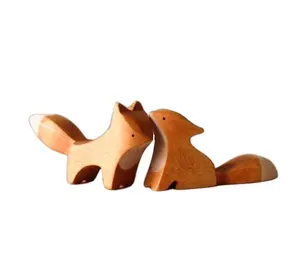






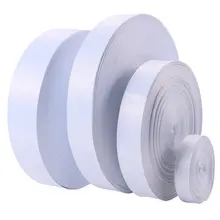







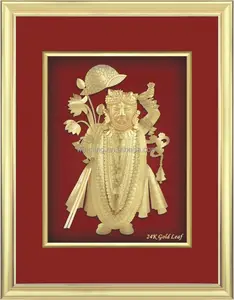
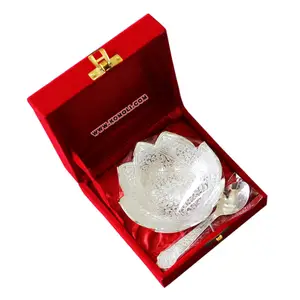
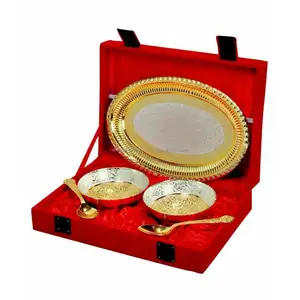















 浙公网安备 33010002000092号
浙公网安备 33010002000092号 浙B2-20120091-4
浙B2-20120091-4